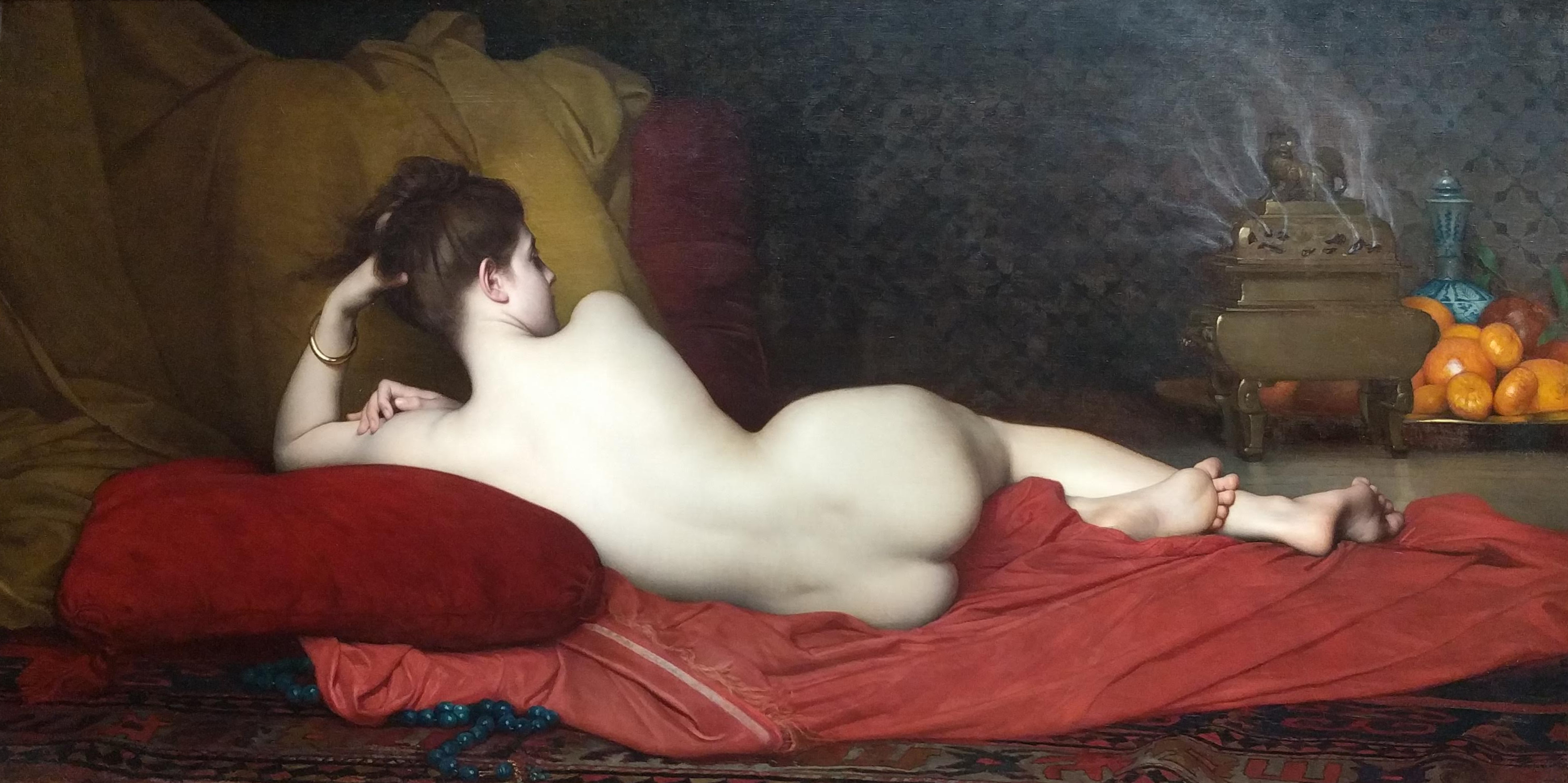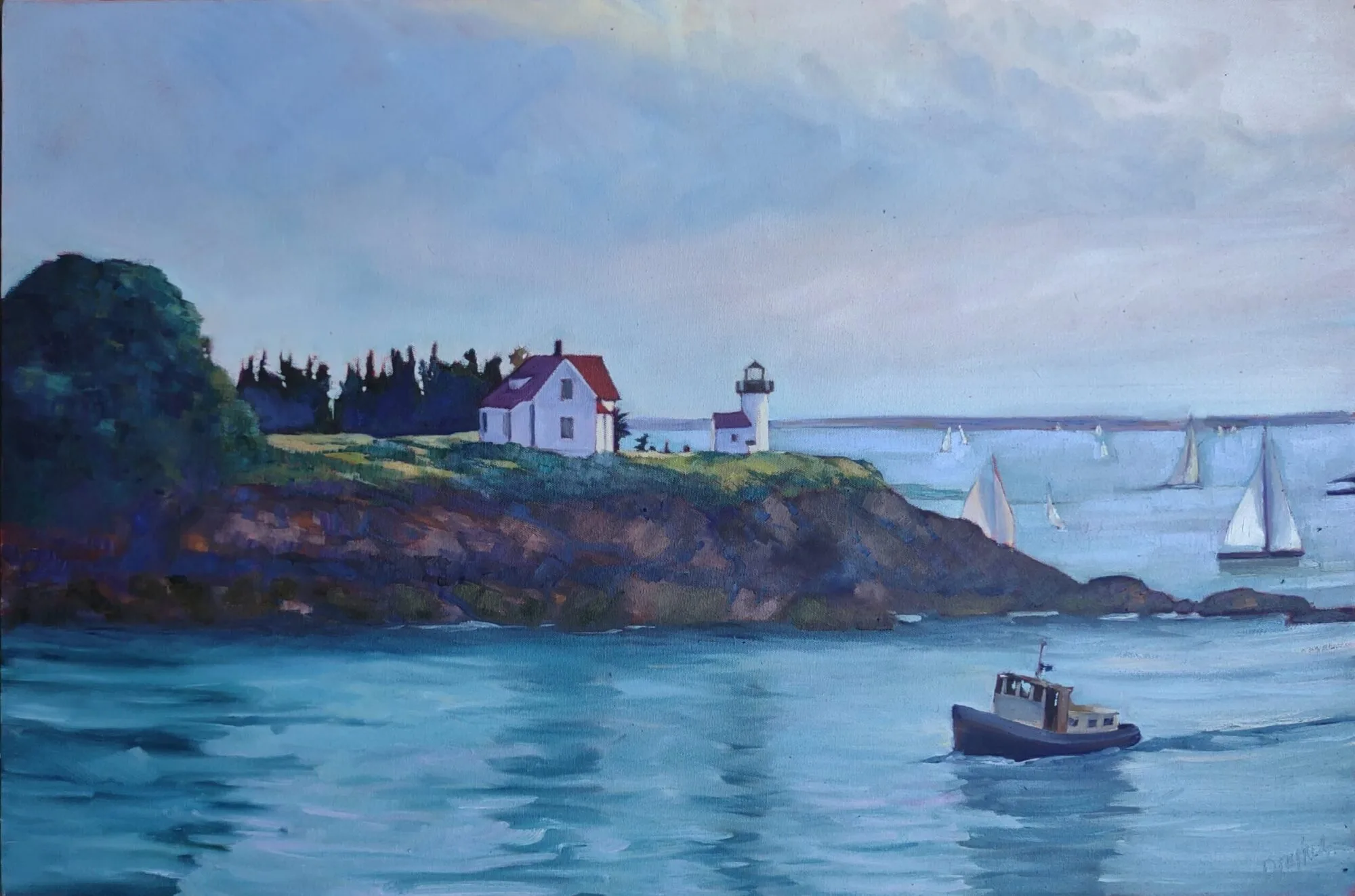I received an email yesterday asking, “What do you mean your house is full of paintings of ‘women commodified, bent, begging, enslaved, wrapped in plastic, suspended, dancing, resting, exhausted…’?”
Well, really, why the heck not?
Most studios do figure with artfully arranged spot lights, arranging the figure in some variation of an Odalisque. In some ways, this is easier on the beginning artist, but I haven’t liked it since Cornelia Fossturned me on to natural-light, naturally-posed figure when I studied with her at the Art Students League.*
After all, if the figure is supposed to tell us something about our humanity, what can we learn from woman-as-sexual object, happily twisted into an archetype of the female ideal?
 |
| Odalisque by Jules Joseph Lefebvre,1874. This same pose is being duplicated in studios across America even as we speak. |
The Odalisque is also a portrait of commodification, but its primary purpose is titillation. Consider this portrait of Marie-Louise O’Murphy de Boisfaily by Francois Boucher:
_-_02.jpg) |
| Louise O’Murphy by Francois Boucher, c. 1752 |
If the model looks absurdly young, that’s because she was 15. By that age, she’d been passed around between Casanova and King Louis XV of France for two years. She went on to a long and illustrious career as a courtesan and wife, but, really, who wants to glorify that career path?
*Two other objections: artificial light narrows the chromatic range of human skin. Gone are the lovely greys, blues, and greens, the subtle interplay of warm and cool on the skin. Instead, there are two colors—highlights and shadows. Every subtlety is blown away by that demanding light. Furthermore, the pattern of shadows is pre-determined. You might as well paint from a photo.
There are still spots open in our mid-coast Maine plein air workshops! Check here for more information.

